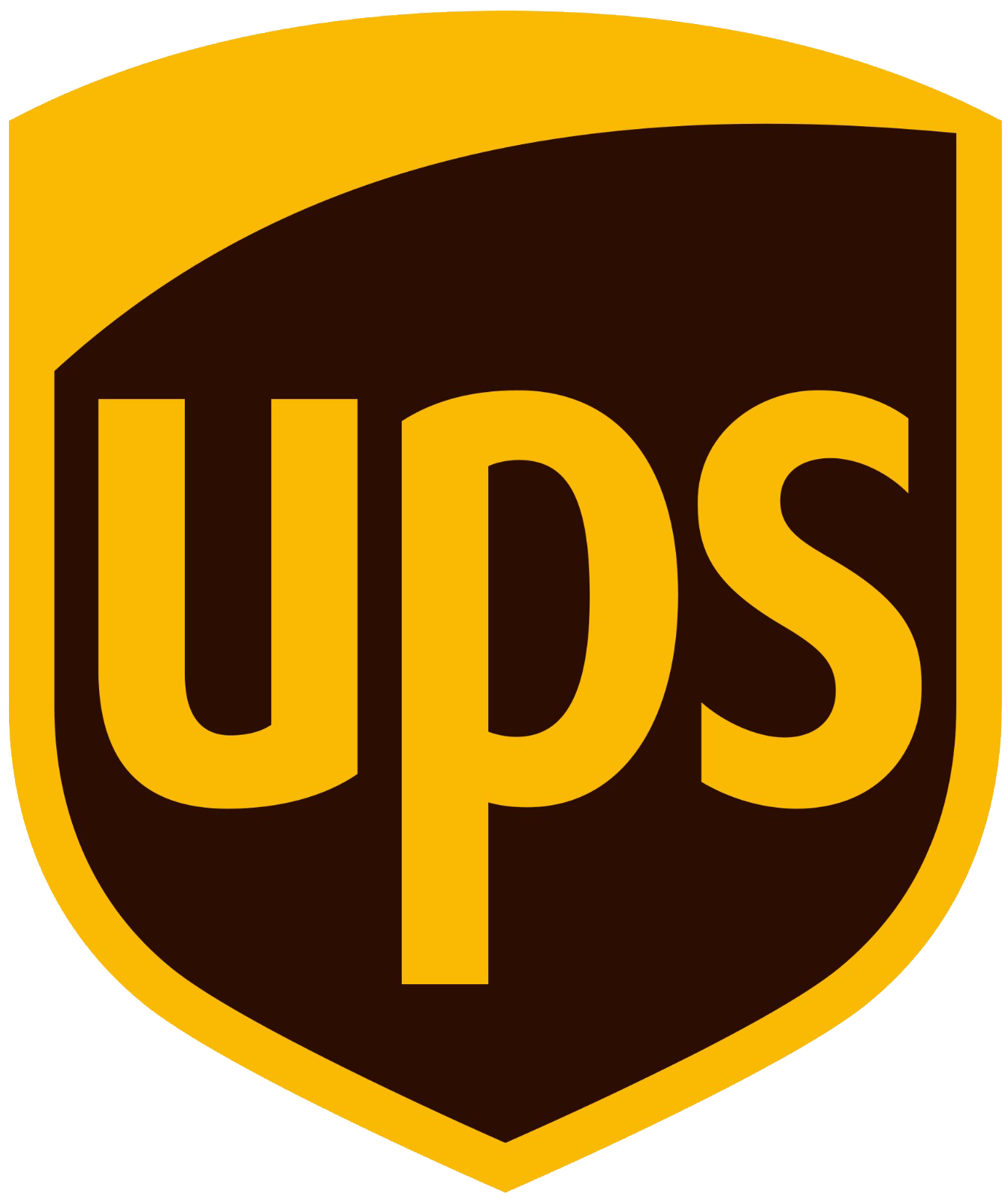Diecast metal with plastic parts
Associated Equipment Company (AEC) was an English vehicle manufacturer that built buses, motorcoaches and trucks from 1912 until 1979. The name Associated Equipment Company was hardly ever used; instead it traded under the AEC and ACLO brands.
AEC's first commercial vehicle was a lorry based on the X-type bus chassis. With the outbreak of World War I in 1914, AEC's ability to produce large numbers of vehicles using assembly line methods became important in supplying the increasing need for army lorries. AEC began large-scale production of the 3-ton Y-type lorry, commenced in 1916, and continued beyond the end of the war. From then on, AEC became associated with both lorries and buses.
In 1926, AEC and Daimler formed the Associated Daimler Company, which was dissolved two years later. In 1927, AEC moved its manufacturing from Walthamstow to a new plant at Southall.
G. J. Rackham was appointed Chief Engineer and Designer in 1928. He had previously worked for Leyland Motors. His ideas contributed significantly to AEC's reputation for quality and reliability.
From 1929, AEC produced new models: the names of lorries began with "M" (Majestic, Mammoth, Mercury, and so on), and those of buses began with "R" (Regent, Regal, Renown, and so on). These original "M-models" continued in production until the end of World War II. AEC introduced diesel engines across the range in the mid-1930s.
From 1931 to 1938, AEC and English Electric co-produced trolleybuses. AEC supplied the chassis, and English Electric the electric motors and control equipment.
In 1932, AEC took a controlling interest in the British subsidiary of the American Four Wheel Drive (FWD) company, and began to use more standard AEC components in those vehicles. To avoid confusion, these were marketed under the name Hardy. Production ceased about 1936.
Petrochem Carless Ltd is the present-day continuation of one of the earliest oil companies.
History
1859: Carless was formed by Eugene Carless. Its base was the Hope Chemical Works in Hackney Wick.
1860: Carless became Carless, Blagdon and Company, when William George Blagdon joined in partnership.
1870: Carless, Blagdon and Company was dissolved by Blagdon. George Bligh Capel became a partner in the firm. Carless started selling a volatile inflammable petroleum distillate tradenamed 'Petrol'. That is where the word "petrol" came from. At first it was often used as a solvent, including to remove nits by dissolving the natural glue that the female louse uses to stick the nit to the hair. When internal combustion engines were invented, petrol was found to be suitable fuel for them.
1872: Carless, Capel and Leonard formed. John Hare Leonard joined Capel as a partner. Carless was no longer a partner but was retained by the new company as the manager of its works.
1893: Frederick Simms, on behalf of Gottlieb Daimler, visited Carless, Capel, and Leonard to form and agreement to use the Launch Spirit for Daimler Launches. It was a result of this meeting that the company began to use the word Petrol to distinguish is product from other motor spirit products. The word 'petrol' is still the generic name for gasoline used throughout the UK.
1996: Petrochem Distribution BVBA was established.
2000: Petrochem UK acquired Carless from the Spanish Repsol-YPF Group. The resulting company is now called Petrochem Carless Ltd.










